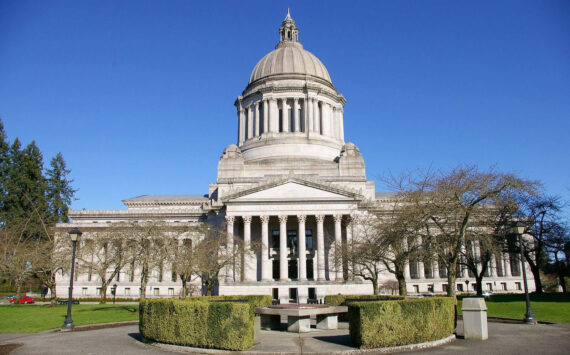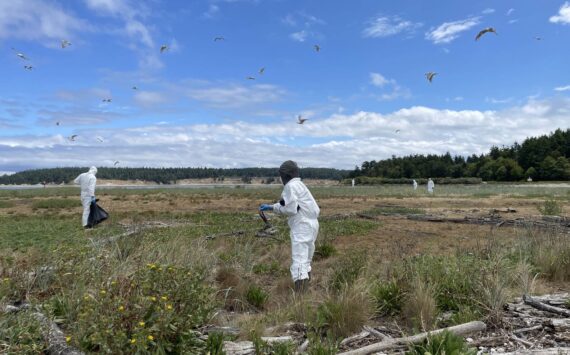“Governor Gary Locke has called for a greater state role in interstate pipeline inspection and enforcement efforts, traditionally the responsibility of the federal government.Under the current federal Pipeline Safety Act, states have no enforcement power over interstate pipelines within their boundaries. The federal Office of Pipeline Safety has a policy against allowing any additional states, other than four previously approved, to even conduct inspections of interstate pipelines. Locke has announced he will seek to obtain a change in the current federal inspection and enforcement rules.First, we need to get the authority from the federal government to inspect interstate pipelines and set tougher standards at the state level, Locke said. Then we need the power to enforce those standards. I want to do everything in my power to make sure the tragedy that occurred in Bellingham last June is never repeated.Hundreds of thousands of gallons of gasoline leaked from an interstate pipeline carrying fuel through Bellinghams Whatcom Falls Park on June 10. The fuel ignited, destroying a mile-and a-half stretch of Whatcom Creek, and killing three young people.We owe it to the memory of those young people to pay attention to the lesson we learned, Locke said. We will never have a risk-free society. If we are going to move petroleum and natural gas, there will always be risk. But we must do everything in our power to minimize the risk.After a visit to the scene of the explosion and meeting with Bellingham residents, the governor established a Fuel Accident Prevention and Response Team to evaluate current systems for pipeline regulation and response in the state, and to recommend improvements. Based on the recommendations, Locke has proposed an expenditure of $345,000 to:- Establish a Pipeline Safety Improvement position and other support at the state Utilities and Transportation Commission.- Allow the State Fire Marshall, working with cities and counties, to determine needs for pipeline accident response and to develop and new training curriculum for police, fire and emergency medical personnel.- Develop a plan to create a state Office of Pipeline Safety should federal authorization allow.- Strengthen the Department of Ecologys ability to work on prevention planning and spill preparedness to improve protection of waters.- Direct the Energy Facility Site Evaluation Council to work with the Legislature to alter how decisions are made in siting new pipelines and energy facilities.The governor also said he would contact pipeline operators to ask them to make voluntary improvements including planning for emergency responses, conducting regular preparedness drills and providing local stockpiles of necessary equipment.Locke also said he would ask the Washington Utility Coordinating Council, a voluntary organization of contractors, utilities, and local governments to work with the UTC to strengthen the states Call-Before-You-Dig program. Third-party digging is reportedly a major cause of pipeline spills.”
Locke Calls for State Role in Pipeline Oversight
Tags: Department of Ecologys, energy, Energy Facility Site Evaluation Council, federal government, Gary Locke, Governor, natural gas, Office of Pipeline Safety, Pipeline Safety, Pipeline Safety Act, State Fire Marshall, USD, Utilities and Transportation Commission, Washington Utility Coordinating Council, Whatcom Creek




